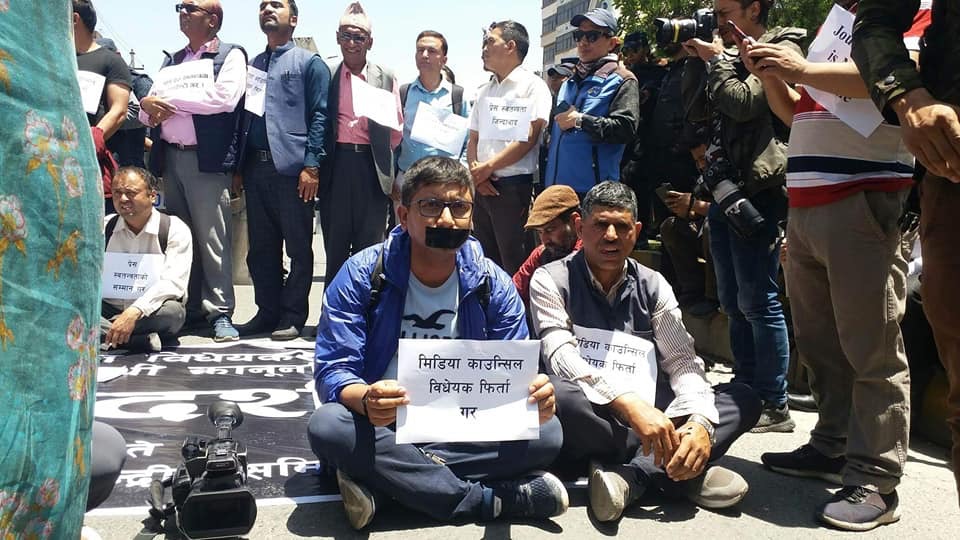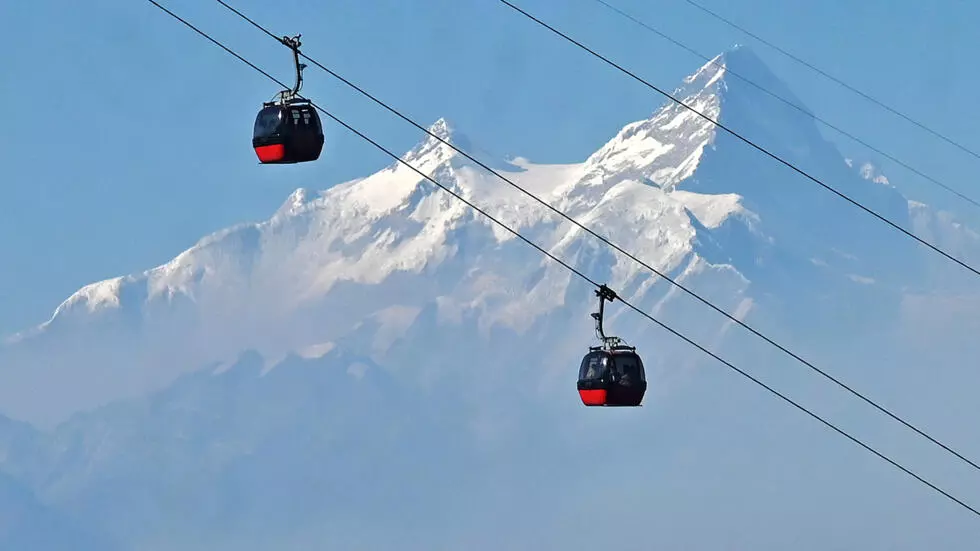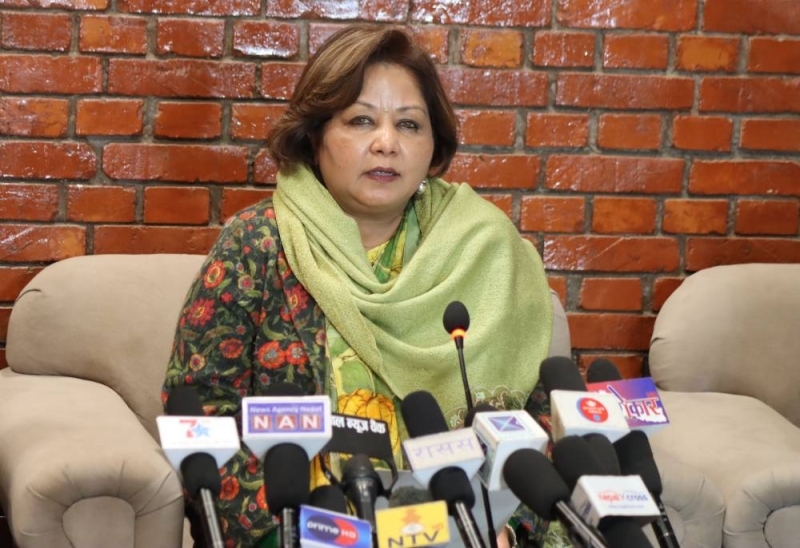Nepal government proposes bills that endanger press freedom

“These proposals by Prime Minister Khadga Prasad Sharma Oli and his administration would constrict press freedom in Nepal,” said Steven Butler, CPJ’s Asia program coordinator, in Washington, D.C. “We urge the administration to engage in a dialogue with media members and other stakeholders and amend the bills so that journalists can work in Nepal safely and without fear of prosecution.”
The Media Council Bill, which would replace the existing Press Council Act, was introduced to parliament on May 9 after it bypassed a “critical” consultation phase in which the public could comment on the bill, according to news reports. After pushback from media organizations, lawmakers are currently debating revisions to the bill, according to statements published today by the minister of communications and by the head of the ruling Communist party.
Section 17 of the bill would effectively increase the government’s control over issuing and suspending press accreditations, according to the news reports. Section 18 of the bill, which grants the media council the ability to impose fines for damaging a person’s reputation, would enable any individual to file a complaint against a journalist, even if the individual was not personally affected by the journalist’s reporting, according to the Nepali Times, an English-language weekly.
The Information Technology Bill, which would replace the existing Electronic Transaction Act, was proposed on February 20 and has been put forward for debate in parliament, according to news reports and a report by civil society nonprofit Civicus.
The bill states that citizens can only use social networks approved by the Nepalese Department of Information, and could be fined for posts made on those networks, according to those reports. If the bill is passed, individuals could be fined up to 1.5 million Nepalese rupees ($13,390) and sentenced to up to five years in prison for posting content on social media that was found to be defamatory or against national security, according to those reports.
The bill’s broad definitions of “social network” would potentially give it jurisdiction over private chat apps, such as WhatsApp and Viber, in addition to public social networks like Facebook and Twitter, according to the Kathmandu Post, an independent daily.
CPJ emailed the Nepalese prime minister’s office for comment on these measures, but did not immediately receive a reply.
Nepal’s existing Electronic Transaction Act has already been used to prosecute journalists; in April, Arjun Giri, the editor of the weekly Tandav News, was briefly detained after publishing fraud allegations on a website that was accused under the act of not being properly registered with the government, as CPJ reported at the time.
(This article was published on IJF official website form New York.)

















Facebook Comments